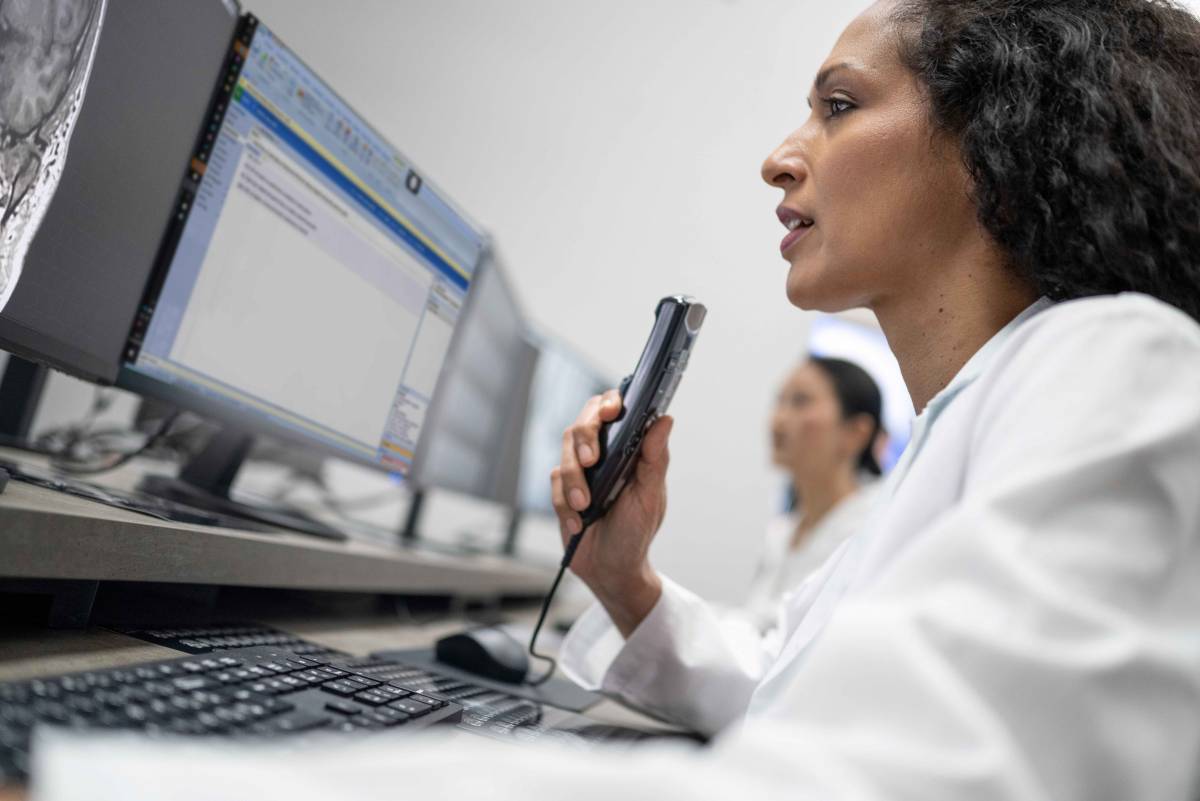Dictation software allows MSK physios to focus on patient care and could boost retention rates
Physiotherapist Andrew Cuff, Connect Health’s head of clinical strategy, believes that making a digital platform available to clinicians will ultimately boost the company’s staff retention efforts.
The Lexacom Echo platform, which uses voice recognition technology, has opened up clearer communication channels between clinicians and patients, as well as between clinicians and managers, he said.
‘Not only does this roll-out demonstrate our commitment to getting the best outcomes for patients and delivering high-quality clinical care, it shows we are prepared to invest in order to reduce the burden on our colleagues and ensure a healthy work/life balance for them. That’s incredibly important to us from a values and duty of care perspective, and also helps us to retain our highly skilled workforce.'
Mr Cuff noted: ‘This technology is now employed across Connect Health’s team of Tier 2 musculoskeletal (MSK) clinicians around the country, who collectively help over 375,000 NHS patients.’ After a successful pilot, Connect Health – which was established 30 years ago and claims to be the UK’s largest independent MSK and pain services provider – hopes to introduce the technology in its pain and rheumatology services in due course, he added.
Late lunches less likely
Connect Health turned to Lexacom Echo after finding that half (50 per cent) of Tier 2 MSK clinicians were almost always late for lunch due to administrative processes, while two in three (63 per cent) logged in from home to complete admin tasks.
During the three-month trial among a group of clinicians in Connect Health’s Wolverhampton service, 41.4 hours were saved using the dictation tool compared to typing. Now, with national adoption across 90 Tier 2 MSK clinicians, about 127 hours could be saved each year, it estimates.
I have found Lexacom extremely useful. I’m now finishing before the end of the day or on time for lunch whereas before I was often out the door at least 15 minutes after the bell rang [Connect Health employee]
After taking part in the pilot, an advanced physiotherapy practitioner. said: ‘I would typically be with a patient 15 to 20 minutes but completing any radiology requests, writing a good quality letter, and navigating the administrative processes would take at a minimum 10 minutes, but often longer.'
The physiotherapist added: ‘I’m rarely running on time and I know the quality that I deliver would reduce as the day and week goes on, as I become progressively tired.’
A Connect Health colleague added: 'I have found Lexacom extremely useful. I’m now finishing before the end of the day or on time for lunch whereas before I was often out the door at least 15 minutes after the bell rang!'
Drop in logins from home
The tool can explain complicated medical conditions in simple English at about 90 words a minute. As the clinician typically uses medical vocabulary when dictating a letter, it translates their words, in real-time, into language that patients will understand more fully when their clinical letter arrives.
The Connect Health trial revealed that there was a 60 per cent reduction in clinicians being late for lunch due to admin workloads, with a 17 per cent reduction in logins from home. Further, eight respondents in 10 said that using Lexacom Echo freed up time for them to spend with their patients.
How does Lexacom Echo speech recognition work?
In 'Medical Mode', full medical descriptions and shorthand are automatically added for other clinicians to use. In 'Patient Mode', the system adds plain English definitions of medical terms, meaning that patients find it easier to understand the notes they receive.
This capability improves patient engagement with clinicians, helping to build trust and supporting positive health outcomes.
Author: I A McMillanShare it with















